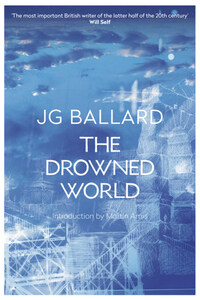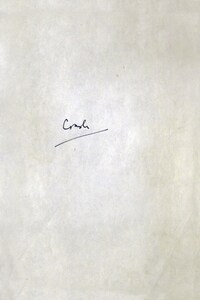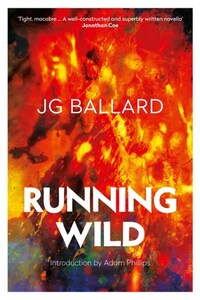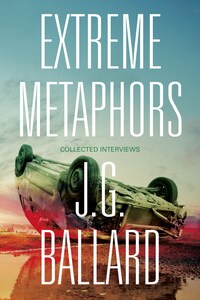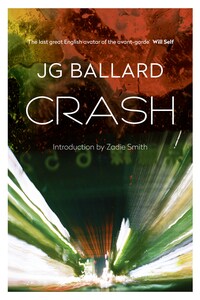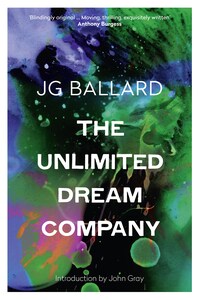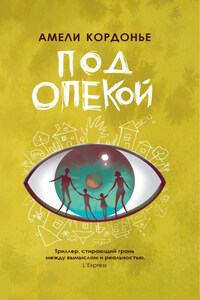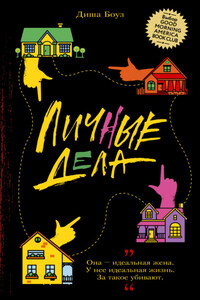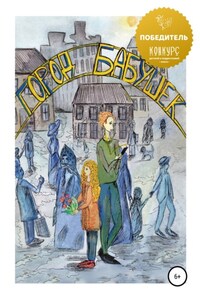The Drowned World
J. G. Ballard
Fourth Estate
An imprint of HarperCollinsPublishers
1 London Bridge Street
London SE1 9GF
www.harpercollins.co.uk
This edition published by Fourth Estate in 2014
First published in 1962
Copyright © J. G. Ballard 1962
J. G. Ballard asserts the moral right to be identified as the author of this work
‘The Drowned World’ © Martin Amis 2011
‘Reality Is a Stage Set’ © Travis Elborough 2006
‘Time, Memory and Inner Space’ © J. G. Ballard 1963
A catalogue record for this book is available from the British Library
This novel is entirely a work of fiction. The names, characters and incidents portrayed in it are the work of the author’s imagination. Any resemblance to actual persons, living or dead, events or localities is entirely coincidental.
All rights reserved under International and Pan-American Copyright Conventions. By payment of the required fees, you have been granted the non-exclusive, non-transferable right to access and read the text of this e-book on-screen. No part of this text may be reproduced, transmitted, downloaded, decompiled, reverse engineered, or stored in or introduced into any information storage and retrieval system, in any form or by any means, whether electronic or mechanical, now known or hereinafter invented, without the express written permission of HarperCollins e-books.
HarperCollinsPublishers has made every reasonable effort to ensure that any picture content and written content in this ebook has been included or removed in accordance with the contractual and technological constrainst in operation at the time of publication.
Source ISBN: 9780007221837
Ebook Edition © OCTOBER 2014 ISBN: 9780007290123
Version: 2016-03-22
IS PRESCIENCE A LITERARY VIRTUE? And should the work of J. G. Ballard be particularly prized (as some critics maintain) for the ‘uncanny’ accuracy of its forecasts? The answer to both these questions, I suggest, is a cheerful no.
In The Atrocity Exhibition (1970) Ballard famously tapped Ronald Reagan for president. His Hello America (1981), on the other hand, surmised that the United States in its entirety would be evacuated by 1990. The meteorological cataclysms envisaged by his first four novels still look plausible. But the social crisis envisaged by his last four novels – violent and widespread anomie brought about by a glut of leisure and wealth – now looks vanishingly remote.
So here’s a prophecy: fictional divination will always be hopelessly haphazard. The unfolding of world-historical events is itself haphazard (and therefore unaesthetic), and ‘the future’ is in a sense defined by its messy inscrutability. Besides, the art of fiction owes allegiance to a muse, a goddess as pure as her eight sisters, and not to some bustling Madame Sosostris (Eliot’s ‘famous clairvoyant’, with her ‘wicked pack of cards’). Nevertheless there are certain writers whose visionary power is indifferent to the corroboration of mere upshots – writers who seem to be able to feel, and use, the ‘world hum’ of the ‘near-after’. That first quote is from Don DeLillo, who is one such; the second quote is from James Graham Ballard (1930–2009), who is another.
Ballard foresaw manmade climate change, not in The Drowned World (1962), but in The Drought (1964). In The Drought (originally entitled The Burning World), industrial waste has thickened the mantle of the oceans and destroyed the precipitation cycle, transforming the planet into a wilderness of dust and fire. In The Drowned World, ecological catastrophe has a quite different set of causes. The median temperature at the Equator is 180 degrees and rising, the polar ice caps and the permafrost have melted, Europe is ‘a system of giant lagoons’, the American Midwest is ‘an enormous gulf opening into the Hudson Bay’, and the global population (down to five million) huddles within the Arctic and Antarctic Circles (where the thermometers, for now, record a ‘pleasant’ eighty-five). And how did all this come about? Solar instability, pure and simple, with no help whatever from Homo sapiens. So, on the basis of this one novel, Ballard could unobtrusively add his voice to the current Republican debate on global warming – slightly to the left of Rick Perry and Michele Bachmann, true, but slightly to the right of Mitt Romney.
